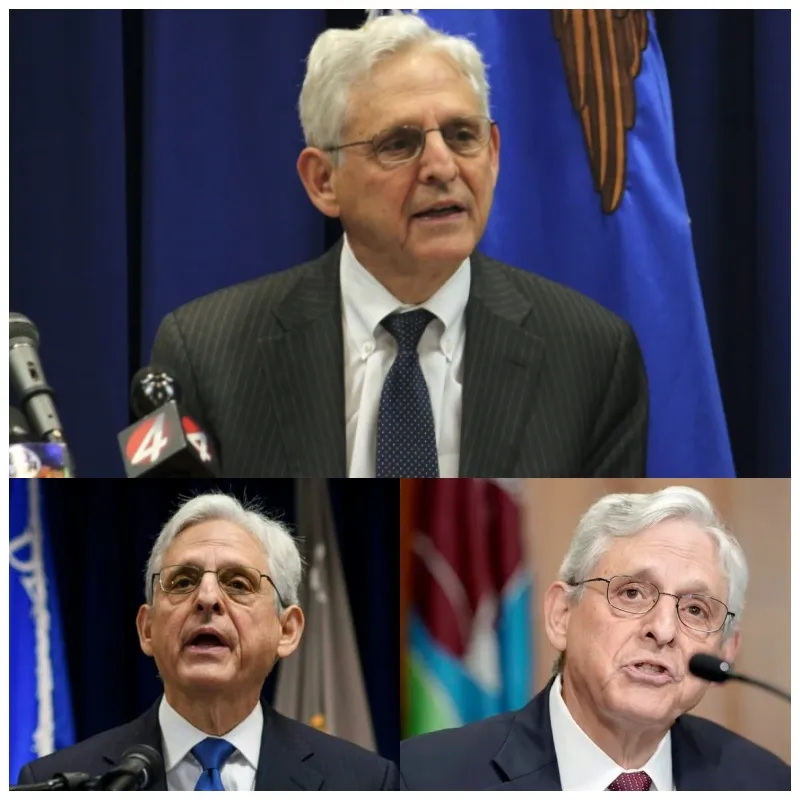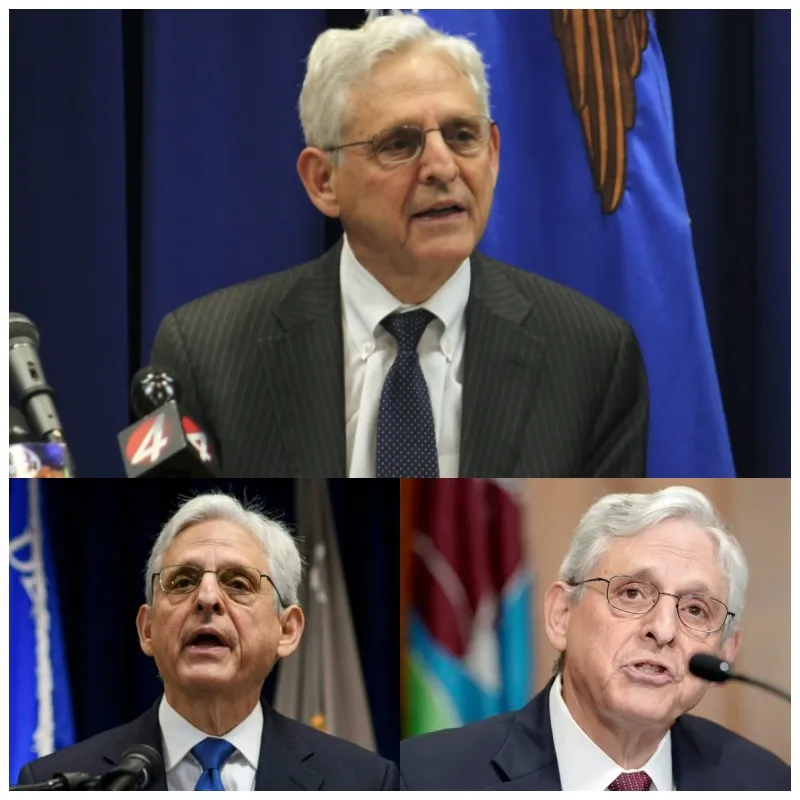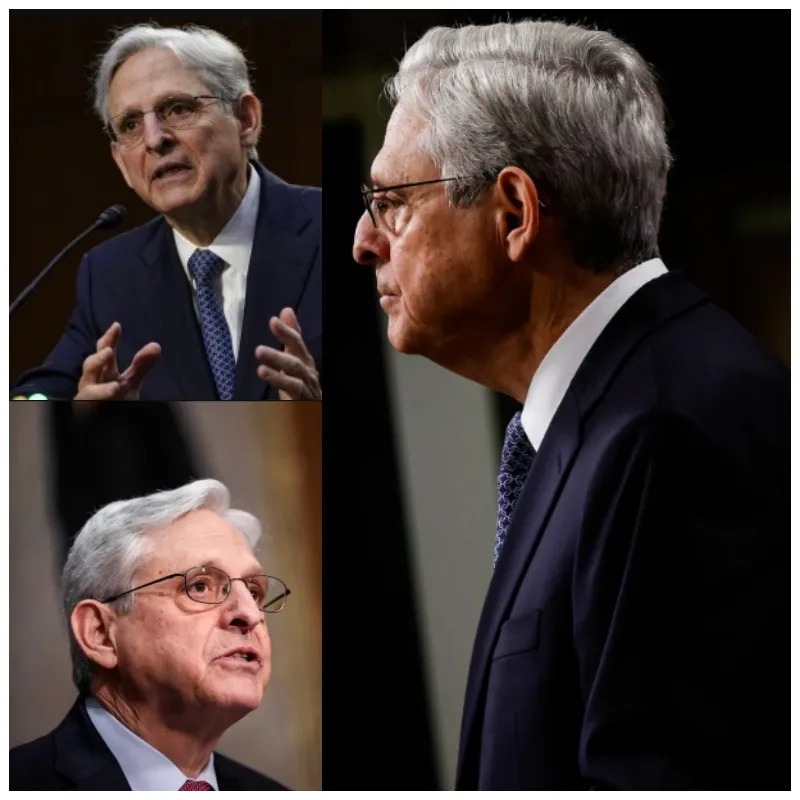
U.S. Set to Accuse Russia of Disinformation Campaigns Targeting Presidential Election
The Biden administration is reportedly preparing to formally accuse Russia of orchestrating disinformation campaigns aimed at influencing the upcoming U.S. presidential election. According to sources familiar with the matter, the announcement, expected to come on Wednesday, underscores growing concerns within the U.S. government about foreign interference in American democratic processes.

The announcement is anticipated to be delivered by Attorney General Merrick Garland, signaling the U.S. administration’s readiness to take legal action against those involved in these disinformation efforts. This move highlights the depth of U.S. worries about Russia’s ongoing attempts to meddle in the election. Intelligence agencies have previously pointed fingers at Russia for using disinformation tactics during past elections, but this forthcoming accusation is expected to emphasize the escalating threat.
Sources indicate that the Justice Department’s announcement will specifically accuse Russian state media of spreading disinformation and propaganda designed to influence the election outcome. This accusation aligns with earlier warnings from U.S. intelligence officials, who have identified Russia as a significant threat to the integrity of the election.
In a recent speech, Deputy Attorney General Lisa Monaco identified Russia as the primary foreign actor attempting to disrupt the U.S. election. Monaco noted that Russian President Vladimir Putin and his associates have been employing increasingly sophisticated methods to target specific voter demographics, particularly in swing states, with the goal of manipulating the results of both presidential and congressional elections.
The Justice Department’s forthcoming statement is expected to coincide with the opening of a meeting of the department’s election threats task force, where Garland and other law enforcement officials are expected to speak. This task force is dedicated to addressing threats to election integrity, particularly those posed by foreign actors like Russia.

As the U.S. prepares to confront Russia over these disinformation campaigns, the broader implications for international relations and election security are likely to be significant. The administration’s actions may serve as a deterrent to future interference attempts, while also reinforcing the importance of safeguarding democratic processes from external manipulation.
This announcement reflects the ongoing struggle between the U.S. and Russia over influence and control in the digital age, particularly as it relates to the critical issue of election security. With the presidential election approaching, the stakes are higher than ever, making the U.S. government’s response to these disinformation campaigns a key factor in ensuring a fair and transparent electoral process.






